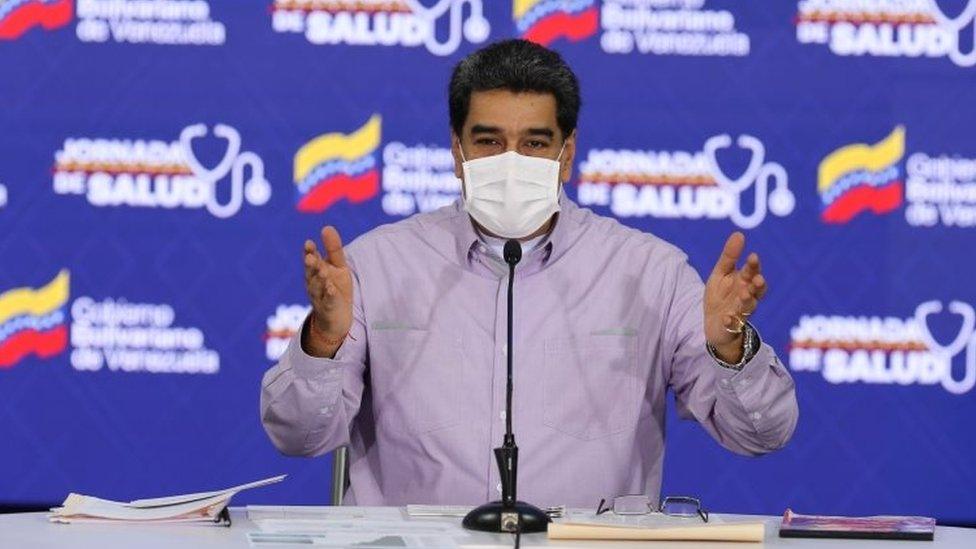Venezuela gold: Maduro government wins in UK appeals court
- Published
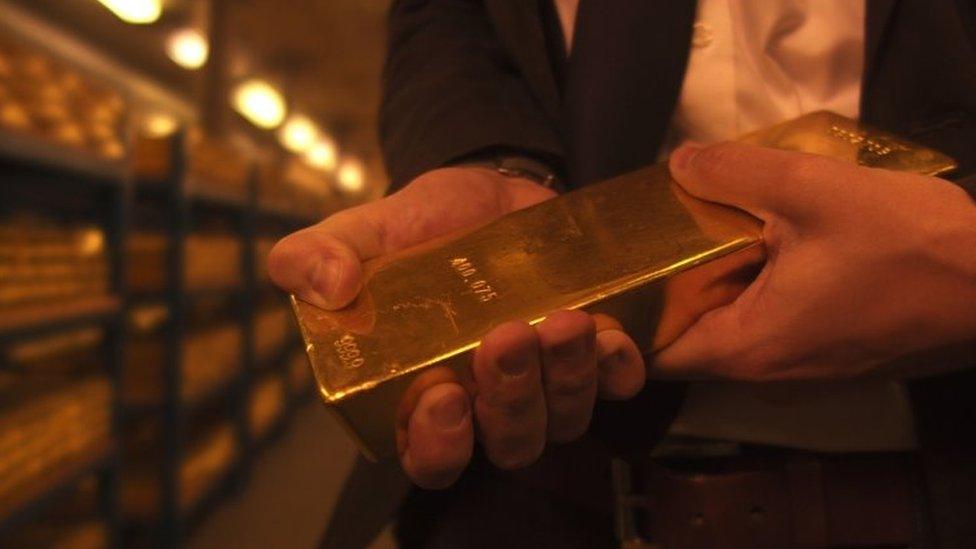
Venezuela has $1bn worth of gold stored in the Bank of England
A British appeals court has overturned a judgement which said the UK had recognised opposition leader Juan Guaidó as Venezuela's president.
The ruling is a victory for Nicolás Maduro, who was re-elected to a second term as president in a 2018 election widely dismissed as rigged.
At the heart of the legal battle is the question of who controls $1bn (£773m) of gold stored in the Bank of England.
The case now goes back to the High Court.
What did the appeals court say?
Judge Stephen Males on Monday set aside the judgement by the High Court in July which had ruled that the UK had "unequivocally recognised opposition leader Juan Guaidó as president", rather than President Nicolás Maduro.
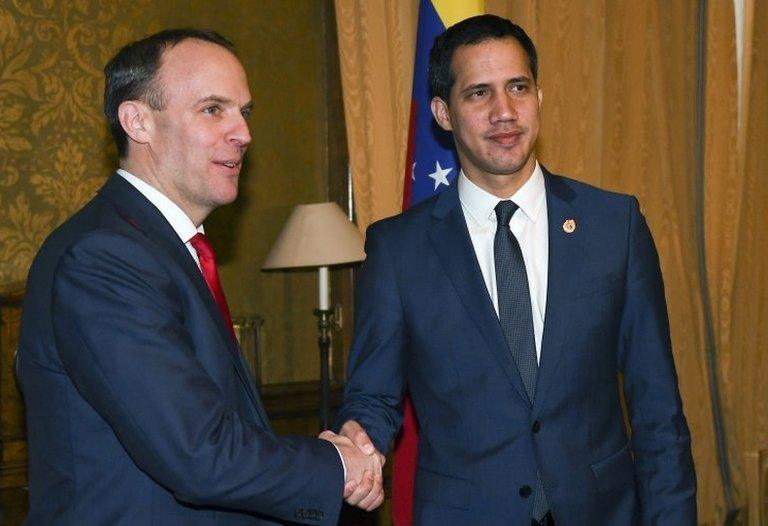
British Foreign Secretary Dominic Raab (left) met Juan Guaidó in London in January
In his ruling in July, High Court Judge Nigel Teare had said that there was "no room for recognition of Mr Guaidó as de jure president and of Mr Maduro as de facto president", meaning that even though Mr Maduro remained in charge in the presidential palace in Caracas, the UK government had decided to recognise Mr Guaidó.
But Judge Males said that the UK's recognition of Mr Guaidó "is to my mind ambiguous, or at any rate less than unequivocal".
How did British courts get involved in the first place?
Despite the country's oil riches, Venezuela's economy has been in freefall for years due to a combination of government mismanagement and corruption, further exacerbated by international sanctions.
As Venezuela produces very little apart from oil, it needs to import goods from abroad, for which it needs access to foreign currency - or gold.
The BoE argued that it was caught in the middle of two rival claims for the gold, one from the government of Mr Maduro and one from Juan Guaidó, who declared himself acting president of Venezuela last year and is recognised as such by more than 50 nations, including the UK.
Mr Maduro's government said it wanted the gold to fund its fight against the coronavirus pandemic. But Mr Guaidó asked the Bank of England not to hand the gold over to the Maduro government, arguing that it would be used for corrupt purposes.
The Bank of England therefore asked the High Court to rule on whom the UK government recognises as Venezuelan president, Mr Maduro or Juan Guaidó.
The High Court ruled in favour of Mr Guaidó, but lawyers for the government of Mr Maduro lodged an appeal, which they have now won.
What next?
The case will now go back to the High Court, which will have to determine more clearly who is in charge in Venezuela.
The appeal court's ruling said that it was necessary for the High Court to determine whether "the UK government recognises Mr Guaidó as President of Venezuela for all purposes and therefore does not recognise Mr Maduro as President for any purpose", or if the British government "recognises Mr Guaidó as entitled to be the President of Venezuela and thus entitled to exercise all the powers of the President but also recognises Mr Maduro as the person who does in fact exercise some or all of the powers of the President of Venezuela."
Venezuela's gold diplomacy gamble
It is likely that the UK's Foreign Office will be urged by the High Court to take a clearer stance on whom it recognises.
The legal battle over the gold therefore seems likely to drag on.
- Published30 September 2020
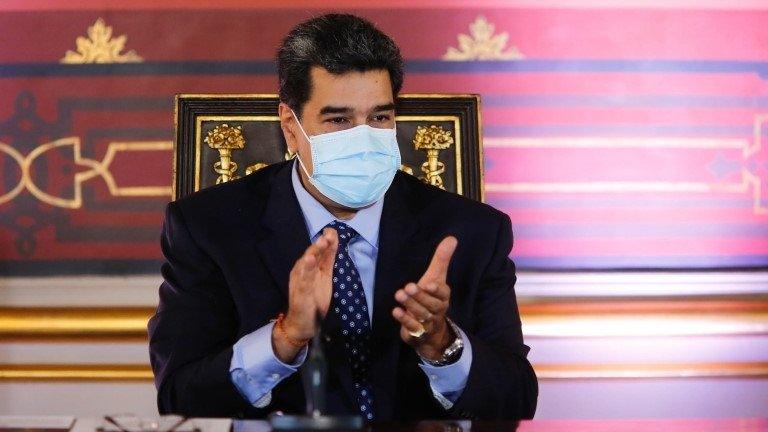
- Published16 September 2020
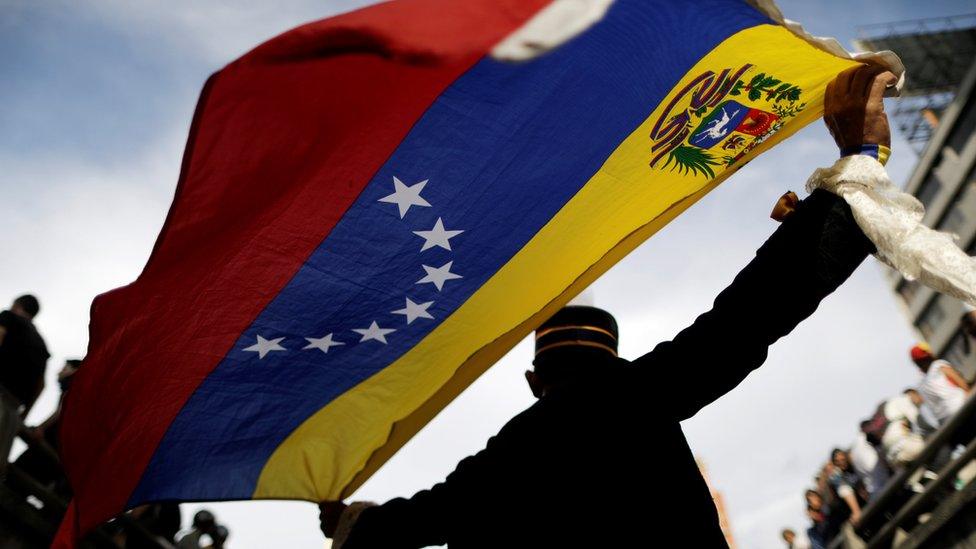
- Published1 September 2020
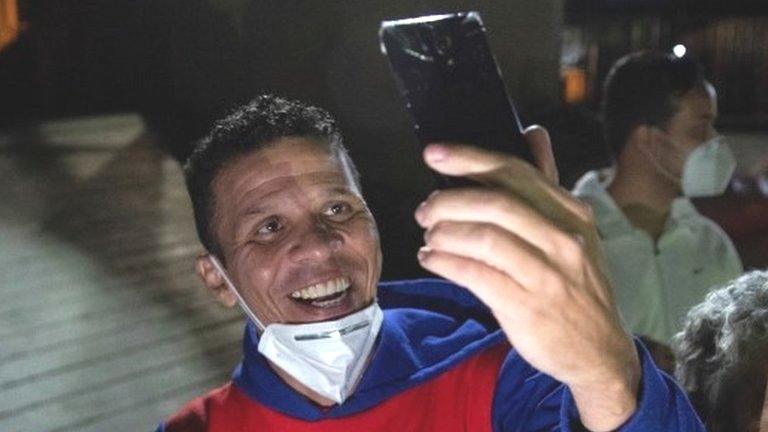
- Published2 July 2020

- Published20 May 2020
